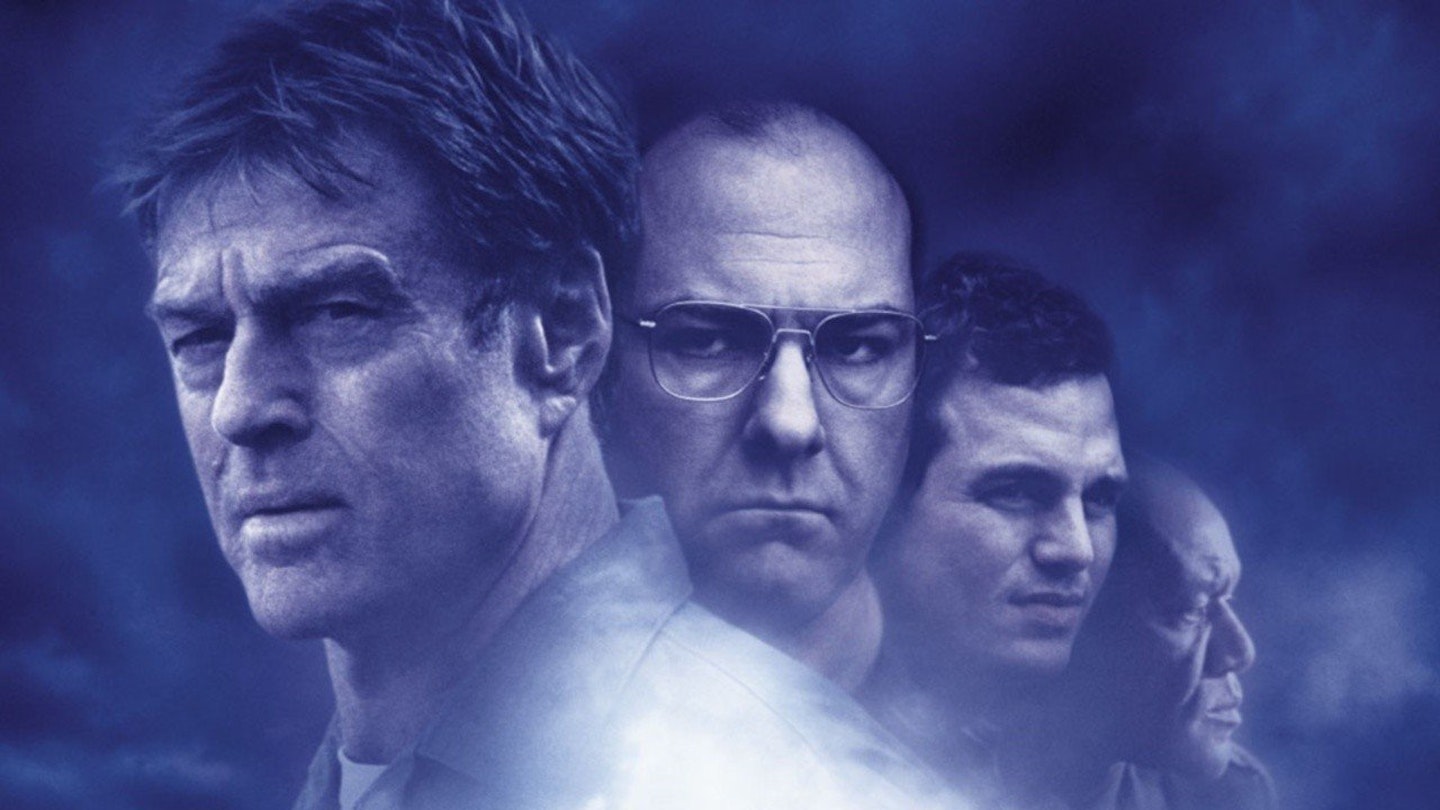Playing riffs on Cool Hand Luke, amongst other things,The Last Castle - Lurie's follow-up to critically-acclaimed The Contender - shares many of the pleasures and perils of its predecessor: a powerful premise, interesting story hooks, potentially fascinating characters, but a finale that distils its complexity all too neatly and leaves nagging lapses in the cold light of reflection.
Displaying a no-nonsense directness, Lurie's filmmaking strengths lie in garnering great performances rather than a distinct visual style. The film is at its best when the Redford-Gandolfini face-off holds centre stage: Redford turns in solid work as the military mastermind without ever stretching his range, but this is Gandolfini's gig. Neither the hard-nut mobster of The Sopranos nor the genial hitman of The Mexican, Gandolfini charts a slow descent from hulking strength to snivelling weakness, imbuing his monster with intelligence and subtleties.
Unfortunately there are little of these qualities on display elsewhere. The flick is riddled with enough prison movie staples - the dumb kid (Clifton Collins Jr.) whom Irwin takes under his wing, the amoral prison bookie (Ruffalo, who shone in You Count On Me, but struggles to make a mark here) - to fill Shawshank.
Released in the aftermath of September 11, The Last Castle's double-edged view of military failure and its hymn to the common soldier's flag-waving fervour (at one point, the massed ranks sing The Halls Of Montezuma) failed to find an audience Stateside. Although the movie moves towards an exciting, decently-handled conclusion as Irwin and his men rise up against Winter, it still looks like a film losing its nerve rather than taking the plunge and going for compelling ambiguity.
